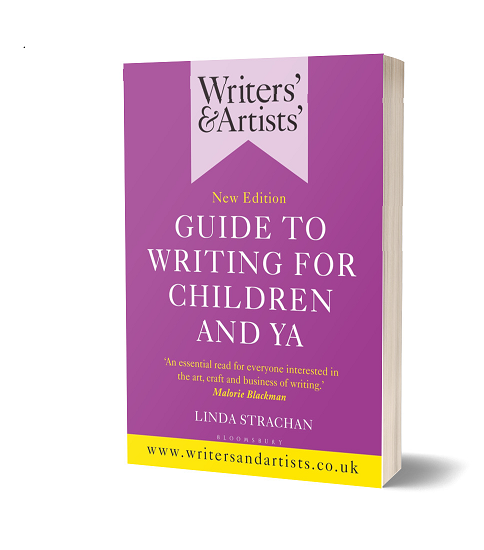Some writers are naturally drawn to non-fiction. It’s a wide and varied arena, well worth considering and as creative an endeavour as writing fiction.

Non-fiction can take almost any form with books for all ages in a wide variety of formats, anything from short board books to highly illustrated books on a wide range of subjects – machines, nature, science, history, space, the human body, mental health and so on.
Narrative non-fiction is where facts are presented within a narrative or storyline in a creative imagining of the information, while fact/fiction mixes both fact and narrative non-fiction.
Research is a crucial part of writing non-fiction and if this is an area you are interested in, it is worth remembering that this might be the only book on that subject a child might read and you may be shaping their vision of the world.
When writing non-fiction, it’s important to know what to include and what to leave out, but it is absolutely essential to check your facts. Before starting to write, you should either know your subject well or be prepared to do proper research.
This is not such a problem if you are an expert in that area or have done a lot of research previously, but remember that presenting something as fact requires careful checking as many 'facts' are often common assumptions, and you should verify them from a number of different sources, if at all possible.
Children often imagine that adults know everything, but while non-fiction books need to speak with authority about their subject matter, it is good to point out that experts don’t always know the answer and they may only have conjecture, not evidence, on which to base their assumptions, particularly about some historical events.
Do not expect your editor to be an expert on what you are writing; it is fairly unlikely they will have extensive knowledge of everything they edit, but they might want to question a point or two and you should always check your information or research and be ready to defend and qualify your answers (with charm and grace).
Remember they are also trying to make it the best book it can be, but in the end it will be your name on the cover, not theirs.
The Writers' & Artists' Guide to Writing for Children & YA by Linda Strachan, is available to purchase now.
Comments